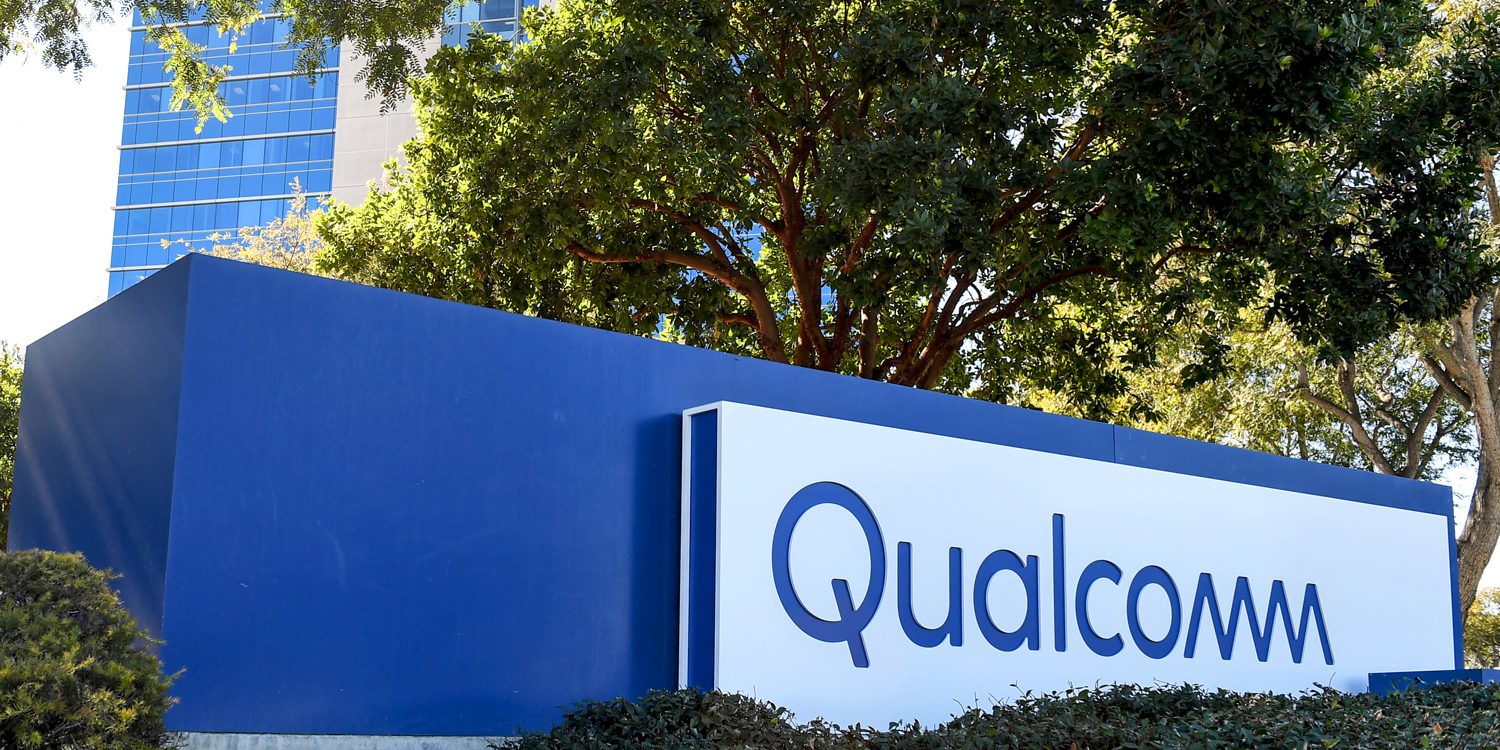 1390
1390
 2019-03-12
2019-03-12

Apple’s court battle with Qualcomm continued this week with a testimony from Arjuna Siva. As reported last week, Siva is a former Apple engineer who now works at Google. Apple says that Siva helped invent technology during his time at Apple that Qualcomm patented without credit. Siva’s testimony today, however, paints a slightly different picture.
Apple argued last week when it was in talks with Qualcomm in 2011, Siva co-developed technology to speed up the process of reconnecting to the internet after a device reboots. Qualcomm, however, ended up patenting the technology and did not name Siva as a co-inventor. During the trial last week, Qualcomm argued that Siva contributed “nothing at all” to the technology.
After a brief period of drama about whether Siva would testify or not, the former Apple engineer took the stand today. According to a report from CNET, Siva claimed that while he contributed some ideas to the patent, he doesn’t ultimately claim to be an inventor of the technology:
“I don’t think I’m claiming to be an inventor,” Siva, who now works at Google, told the court. He did say his participation inspired several elements of the technology that makes the boot-up process faster. “This was my idea,” he told the court. He also said he “surprised” and “upset” after Qualcomm filed for the patent.
Siva went on to say that, at the time, he was simply “proud” his ideas had made it into the final product:
“It’s something I really remember, and look back with fondness,” Siva said. “I was a kid two and a half years out of college. I thought it was a pretty big deal for me.”
After Siva’s testimony, Bill Lin, an expert witness for Apple, argued that he believes the engineer “should have been included” on the patent, even if Siva doesn’t think so himself.
Nonetheless, Siva’s testimony could spell trouble for Apple going forward. The company is trying to argue that Qualcomm is negligent in how it goes about the patent process. This trial should wrap up this week, with Qualcomm attempting to prove that Apple infringed on three of its patents. Qualcomm is seeking damages that amount to $1.41 per infringing iPhone.
Source: 9to5mac